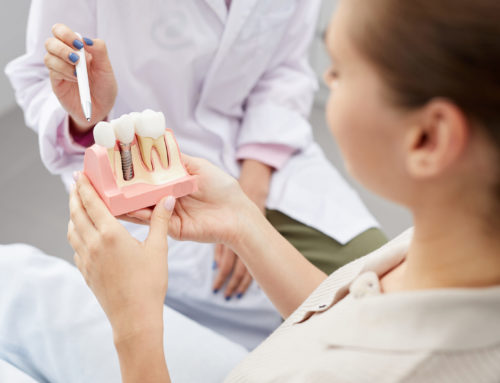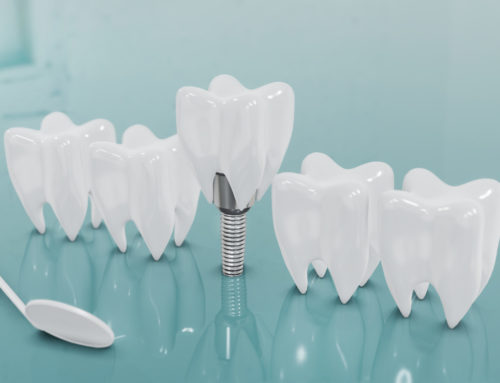Dental implants are an attractive alternative to traditional bridges because they don’t require any modification of the teeth. However, it’s imperative to caution patients to be aware of cheap, non-warranted implants that will not provide the successful results expected. The basic dental implant design is simply a metal post that is fused to the jawbone and capped by a crown. Compared to bridges, implants are longer lasting and provide an aesthetically pleasing visual result. Patients considering dental implants should always seek the services of trained dental specialists, like the oral surgeons of OMSH; and should also know that there are different types available.
Implant Methods
There are two methods of placing implants, a two-stage process and a one-stage process. The two-stage process is the more common, involving placing a post against the jaw bone and letting the gum heal over it. This allows the post to be fused to the bone without being disturbed by impact from biting and chewing. Once the gum has healed, a surgical procedure is done to re-open the incision and attach an abutment and crown. During the one-stage process, the implanted post protrudes through the gum and the abutment is attached immediately. In both cases the patient will have a temporary restoration until the implant has fully healed and a permanent crown can be attached.
Implant Materials
Most implants are made of a titanium alloy because it integrates best with bone, and it’s easily tolerated, with no allergic or other negative reactions. About 95% of implants are titanium. Another material used for implants is zirconium oxide. Like titanium, it is a strong metal that fuses to bone completely. Although zirconium oxide is a metal, it is marketed as a “non-metal” because it is light in color.
Comparison
Titanium has a few advantages over zirconium oxide. For one, it’s a more versatile material that can be used for either two-stage or one-stage implant procedures. The two-stage process offers a little more flexibility in the placement of the crown. Another benefit of titanium implants is that they’ve been proven to last for 30 years or more. Since zirconium implants are newer, there isn’t enough data available as of yet to demonstrate their durability. However, there have been some cases of cracked or damaged zirconium implants, and no such problems with titanium implants.
While many patients are concerned about dental implant costs, there isn’t a significant difference between the cost of titanium and zirconium implants. The highly trained oral surgeons of OMSH only offer high-quality implants that are warranted by the manufacturer. When it comes to durability and lasting results, this is a key service component that OMSH will always provide to their patients. Their expert team will be happy to help you decide on the best type of implant for your needs. Call 832-509-4505 for an appointment.





